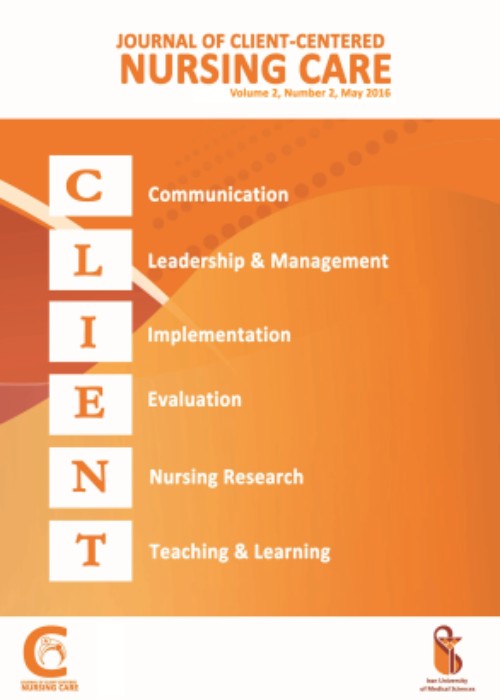Effectiveness of a PRECEDE-PROCEED Model-based Educational Program on Health-Related Quality of Life and Preventive Behaviors in Patients with Breast Cancer Undergoing Chemotherapy
Cancer is a chronic disease that affects different aspects of Quality of Life (QoL), including physical, financial, social, and emotional aspects. The PRECEDE-PROCEED model is a comprehensive method for assessing patients’ needs, and designing, implementing, and evaluating health promotion programs to meet their needs. This study aims to determine the effect of an educational program based on the PRECEDE-PROCEED model on Health-Related Quality of Life (HRQOL) and preventive behaviors in patients with breast cancer undergoing chemotherapy.
This quasi-experimental impact evaluation study was performed on 90 outpatients with breast cancer (stages I and II) undergoing chemotherapy in Shahid Beheshti Hospital, Kashan, Iran from September 2018 to December 2019. The participants were randomly assigned into two groups of training (n=45) and control (n=45). The training group, in addition to routine care, received the educational program based on the PRECEDE-PROCEED model at eight two-hour group sessions for one month. The control group received routine care for cancer patients only. The participants completed the European Organization for Research and Treatment of Cancer Quality of Life Questionnaire Core 30 (EORTC QLQ-C30) and a researcher-made questionnaire based on the PRECEDE-PROCEED model (assessing predisposing, enabling, and reinforcing factors) before the study, immediately after, and two months after the intervention.
In the training group, the total Mean±SD of HRQOL before, immediately after, and two months after the intervention were 52.65±17.14, 64.79±15.66, and 63.95±18.63, respectively. Their total score of HRQOL and its dimensions (physical functioning, role functioning, emotional functioning, and symptoms) increased significantly over time (P<0.01). In this group, the scores of predisposing and enabling factors also increased immediately after and two months after the intervention (P<0.05); however, the score of reinforcing factors (social support) showed no significant increase (P>0.05).
The educational program based on the PRECEDE-PROCEED model can improve the HRQOL and preventive behaviors in terms of predisposing factors (knowledge, attitude), and enabling factors (family support) in patients with breast cancer undergoing chemotherapy. We recommend this educational program for improving these patients’ QoL.
- حق عضویت دریافتی صرف حمایت از نشریات عضو و نگهداری، تکمیل و توسعه مگیران میشود.
- پرداخت حق اشتراک و دانلود مقالات اجازه بازنشر آن در سایر رسانههای چاپی و دیجیتال را به کاربر نمیدهد.


